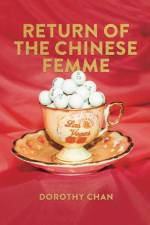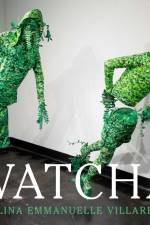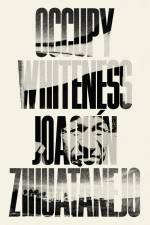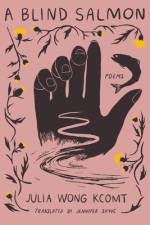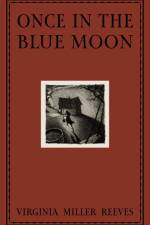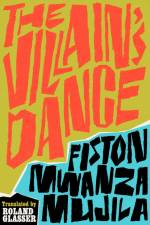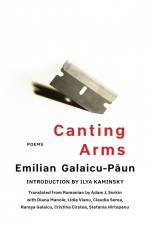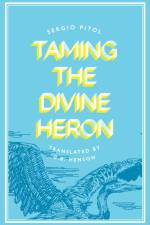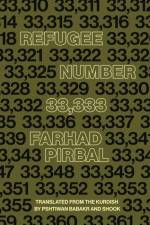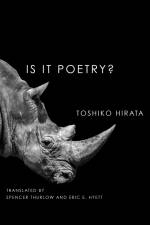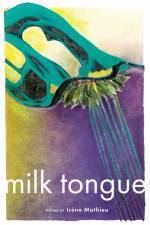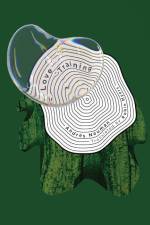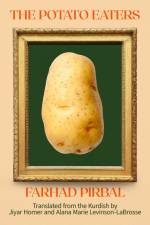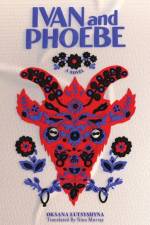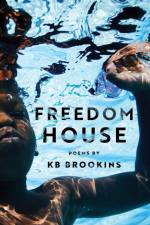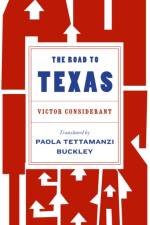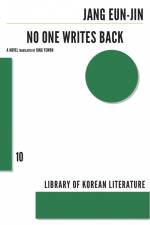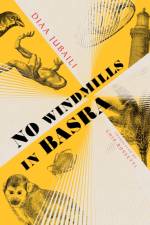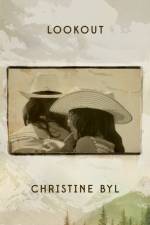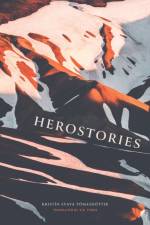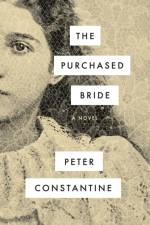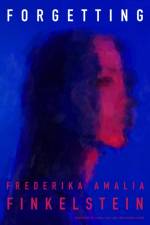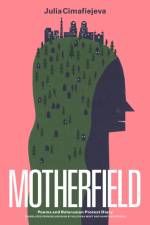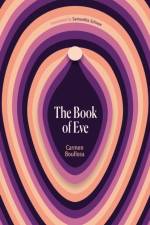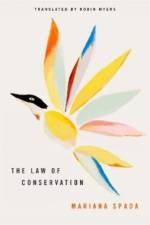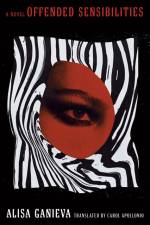av Dorothy Chan
221
"An unabashed exploration of queerness, excess, identity, and tenderness from award-winning poet Dorothy Chan. The speaker in Dorothy Chan's fifth collection, Return of the Chinese Femme, walks through life fearlessly, "forehead forever exposed," the East Asian symbol of female aggression. She's the troublemaker protagonist-the "So Chinese Girl"-the queer in a family of straights- the rambunctious ringleader of the girl band, always ready with the perfect comeback, wearing a blue fur coat, drinking a whiskey neat. They indulge on the themes of food, sex, fantasy, fetish, popular culture, and intimacy. Chan organizes the collection in the form of a tasting menu, offering the reader a taste of each running theme. Triple sonnets, recipe poems, and other inventive plays on diction and form pepper the collection. Amidst the bravado, Return of the Chinese Femme represents all aspects of her identity-Asian heritage, queerness, kid of immigrants' story-in the most real ways possible, conquering the world through joy and resilience"--

